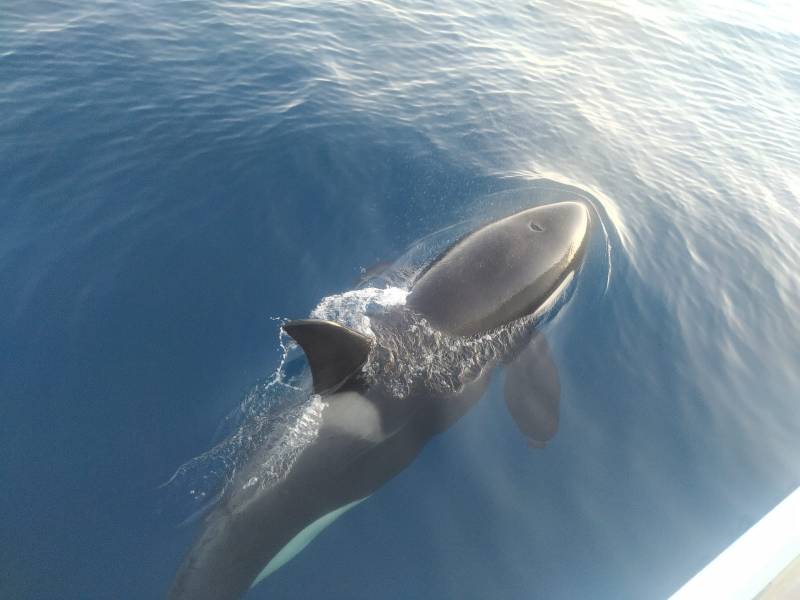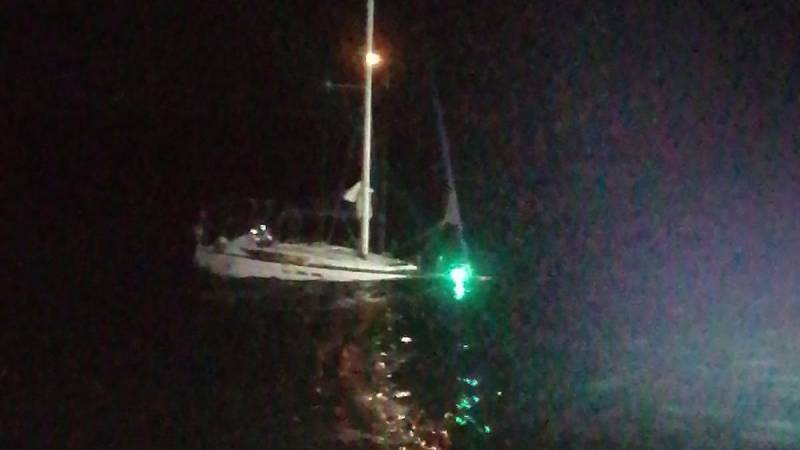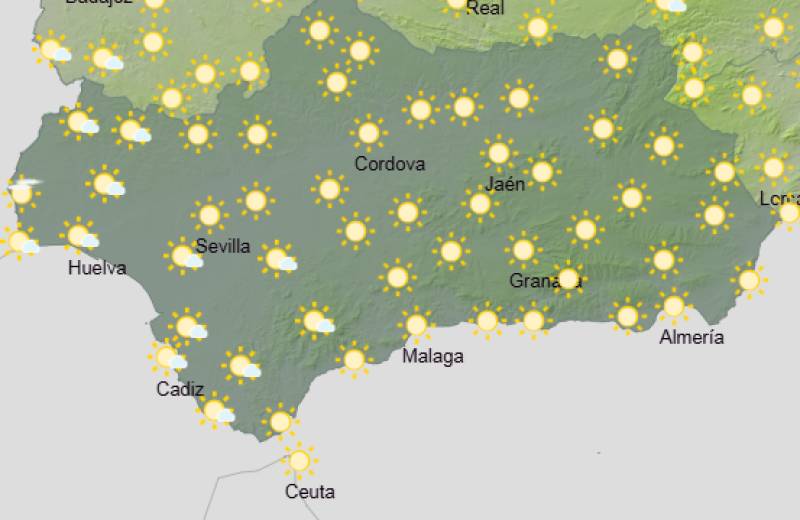

- EDITIONS:
 Spanish News Today
Spanish News Today
 Murcia Today
Murcia Today
 Alicante Today
Alicante Today
article_detail
Date Published: 19/05/2023
Killer whales in Spain are teaching their young how to attack boats
Scientists believe the attacks started because one of the orcas suffered ‘trauma’ at the hands of one of these boats

Cases of killer whales attacking boats in the Strait of Gibraltar and in Galicia, Spain are increasing, and becoming more serious.
While on most occasions, the orcas that ram sailing boats in the waters around Spain mostly leave their rudders broken and move on, on three occasions since 2020 they have even managed to sink the vessel entirely.
The latest case occurred this May near Barbate (Cádiz), and it seemed that in this case the killer whales even seemed to be teaching their young how to attack sailboats.
Three killer whales from the existing population in the Strait of Gibraltar rammed the 15-metre sailing boat ‘Champagne’ in the area on the night of Thursday May 4 and repeatedly hit the rudder, according to the German magazine ‘Yacht’.

“There were two smaller killer whales and one larger one,” the captain of the Champagne, Werner Schaufelberger, told the German publication. “The small ones were hitting the rudder from the back, while the big killer whale repeatedly backed up and rammed the boat with all its might from the side.”
As a result, the vessel was left unable to steer and the situation became so dangerous that the crew had to call the Maritime Rescue service from Barbate. The rescue boat towed the vessel to the port of Barbate, but it sank at the entrance to the port.
Schaufelberger said he saw the smaller killer whales mimicking the behaviour of the larger one.
“The two smaller killer whales watched the technique of the larger one and, after being pushed slightly, also crashed into the boat.”
Just two days earlier, a pod of six Orcas attacked another sailing boat in the Strait of Gibraltar. One of the crew, Greg Blackburn, also observed how the mother killer whale seemed to be teaching her calf how to ram the rudder.
“It was definitely a form of teaching,” Blackburn told 9news.
Reports of such behaviour by killer whales began in May 2020 and are becoming increasingly frequent, according to the study published in June last year by a group of Spanish scientists in the journal Marine Mammal Science.
The attacks, almost always on sailing boats, follow a clear pattern: the animals approach from the stern to strike the rudder and then, once they have successfully stopped the boat, leave the scene.
“Reports of interactions have been continuous since 2020, both in Galicia and in the Strait, since 2020,” says report co-author Alfredo López Fernández, a biologist at the University of Aveiro in Portugal.
Fernández points out that most encounters with sailboats, however, are harmless.
“In more than 500 interaction events recorded since 2020 there have been three sunken boats. We believe that killer whales only touch one boat out of every 100 that sail by a site,” he added.
The researchers believe that a traumatic event may have triggered a change in a killer whale’s behaviour, and the rest of the population would have mimicked it afterwards.
“The orcas are doing this on purpose, of course, we don’t know the origin or the motivation, but the defensive behaviour based on trauma as the origin of all this is gaining more strength for us every day,” according to López Fernández in statements published by the Vista al Mar website.
It is likely, according to the researchers, that a female orca in the group suffered a collision with a boat or became entangled in illegal nets and, as a result, changed her behaviour, with the others mimicking her.
Image: Salvamento Marítimo
staff.inc.and
Loading
See more news about animals in Spain:
OR
Sign up for the Spanish News Today Editors Roundup Weekly Bulletin to get a comprehensive email with all the week’s news for Spain, Murcia, Alicante and Andalucía.
Get a sneak peek – here are a few of our recent Subscription Bulletins:
Discount Special Offer subscription:
36.95€ for 48 Editor’s Weekly News Roundup bulletins!
Please CLICK THE BUTTON to subscribe.
Contact Murcia Today: Editorial 000 000 000 /
Office 000 000 000



















